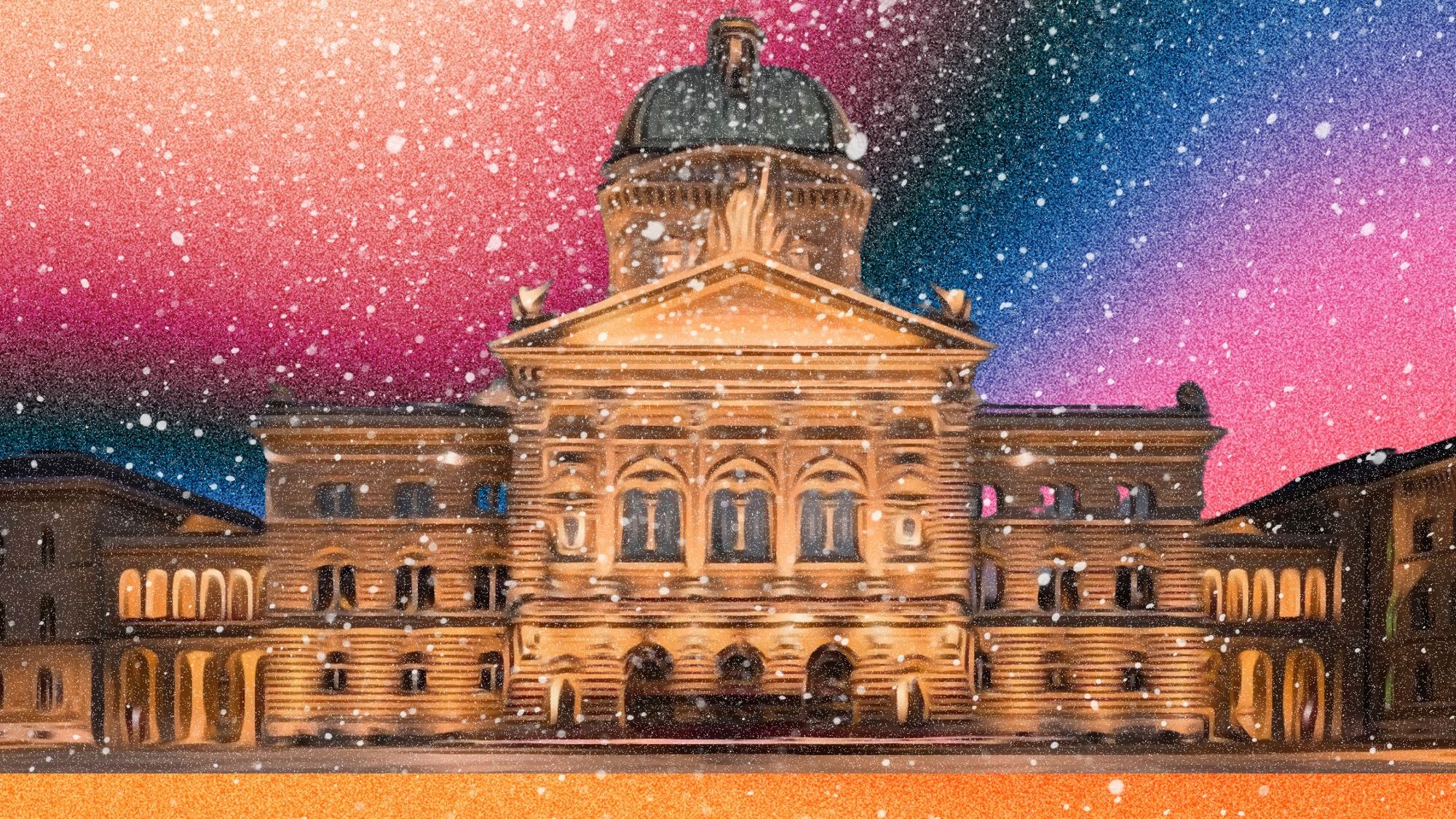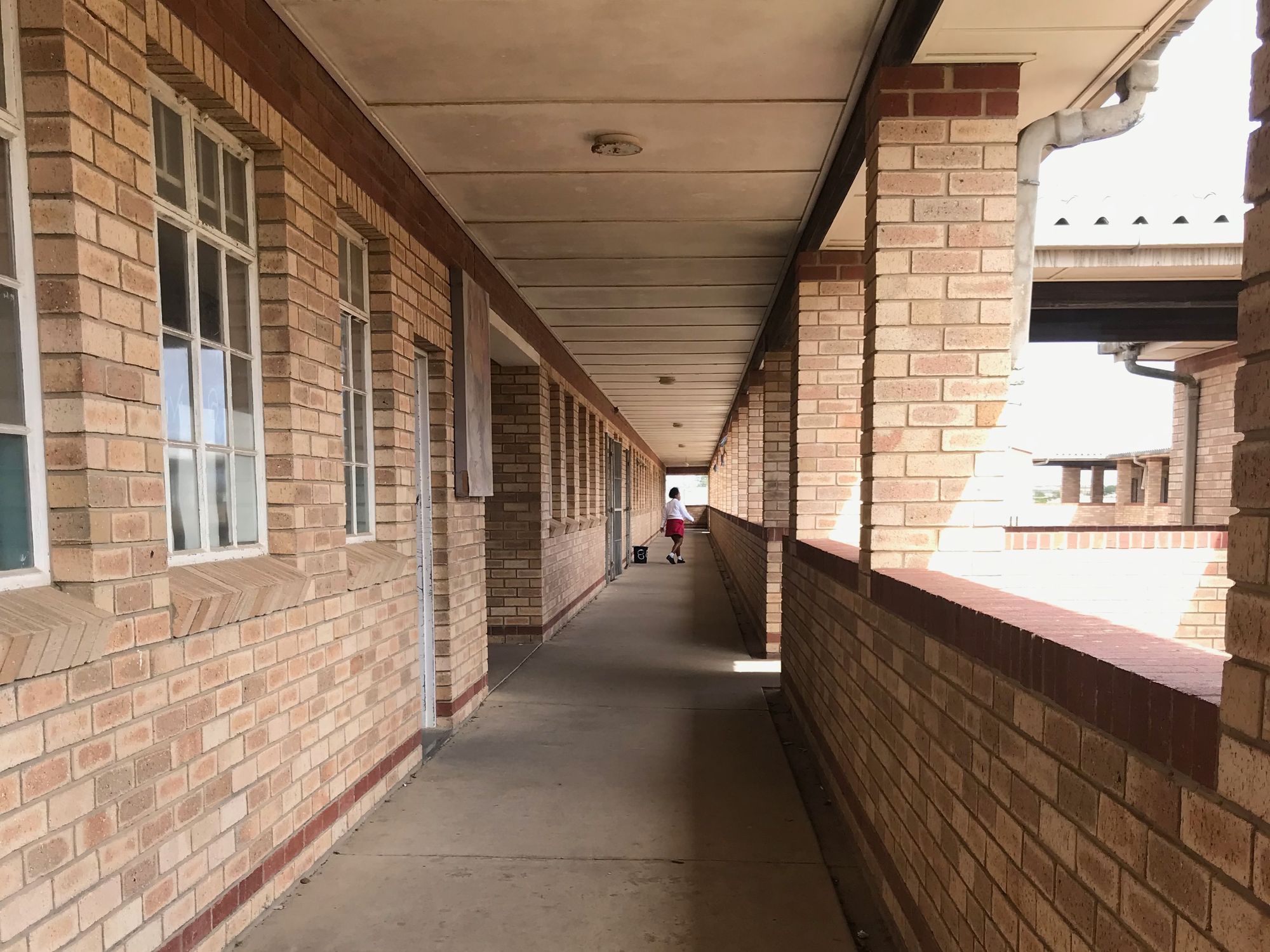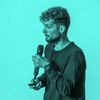The small moments that led me to big change.
Why I left the communications team of a Swiss President to build a new platform model for a healthier information environment.

Beep, beep, beep. It was 5 a.m. on a winter night. I set off the alarm, forced myself out of bed, and after a short morning ritual, I was walking on the street with snowflakes falling all around me.
The road to my office wasn't long, but I knew it would take longer that morning because of the weather. As I passed the parliament building on my way, I paused to take a long look at it through the snow, and a sudden thought hit me: things have to change.
I'll never forget that moment.
I did a couple more steps and entered my office. I started my computer, and now I had roughly one hour to do a press review: skimming through around 500 news articles, deciding for each article whether it was relevant for one of the seven Heads of State of Switzerland and his department, where I worked.
After completing the press review and distributing it to him and the team, I went to a huge drawer that spanned almost the entire hallway where we collected the day's newspapers. I threw away the old newspapers before sorting in the new ones.
This daily ritual of throwing away yesterday's news made me increasingly recognize how fleeting the information we consume every day is.
Even though accumulated over time, it has a massive effect, shaping how we see others and the world. Often in the most destructive ways.

Doing the press review every morning was one of the tasks in my job with the department's communications team, a job that I loved. So much so that I did it for half a decade. In that period of time, I looked through more than 200,000 news articles, functioning as a human filter or curator of an enormous load of information. I didn't see it initially, but it had substantial side effects. I experienced the information overload everyone was starting to feel in the last decade but at warp speed. I became more forgetful then and deeply affected by the constant negativity thrown at me in almost all of those 200,000 headlines I read.
During my five years in this job, I worked with refugees for six months and lived in South Africa for another half a year. The giant disconnect between the lived reality of so many people on this planet and the information I consumed in media during the same time made me understand emotionally that something is wrong with the systems that govern our collective attention.
The question of what is wrong with our information environment didn't let me go. I spent countless days and nights diving into the topics of business models and incentive systems, looking at why the advertisement model is so squarely at odds with social cohesion and healthy society and why paywalls aren't working in a better way.
I began ideating a new alternative to ads and paywalls on paper, and I couldn't stop thinking about it. But I always convinced myself of reasons why I couldn't pursue this idea. That I didn't have the expertise or the right skills, nobody would be interested in it, it wasn't the right moment, and that I was already too far in my studies to switch lanes (I was studying part-time to become a teacher). The sunk cost fallacy had me in a chokehold, and I didn't even know what it was.

My six months in South Africa started to shift that. The self-doubt and imaginary excuses began to dissolve. I studied there and taught at private and public schools, and it was the first time as an adult that I had the freedom to think about my life without the need to earn money, a topic I will write about in a future story. It's impossible to quickly recap how the experiences there altered how I see life; it too might be a story to tell in the future. But I can say that it made me understand this:
Life is too short to hide, be afraid, and stick to a plan B. If you can do what you love, do it. So many others never get this chance because our world lacks equality of opportunity. I want to use my privilege to work towards a more just world.
All these realizations, some more conscious and some less at that point, made me think things have to change on that early morning standing in the snowfall. It all came together, and it was clear to me now that I had to start with my own life first if I ever wanted to contribute to more significant changes:
I decided to quit my job after five years, drop out of teacher‘s university after three years, leave my hometown, family, and friends after more than twenty years, and move to another city.
It was an overwhelming period of transformation but essential for me. Conscious that our planet doesn't need another self-proclaimed savior, I was free to find other people to work together on this new platform model. One that hopefully leads to more insight and mutual understanding instead of more clicks and polarization.
Read about this new model in my next post.
